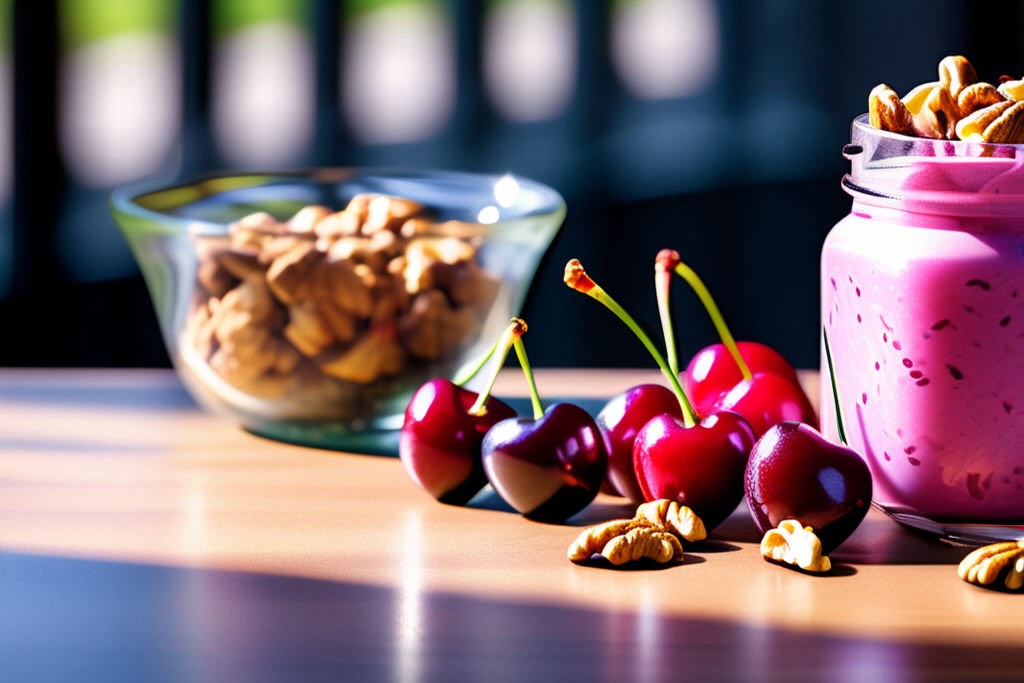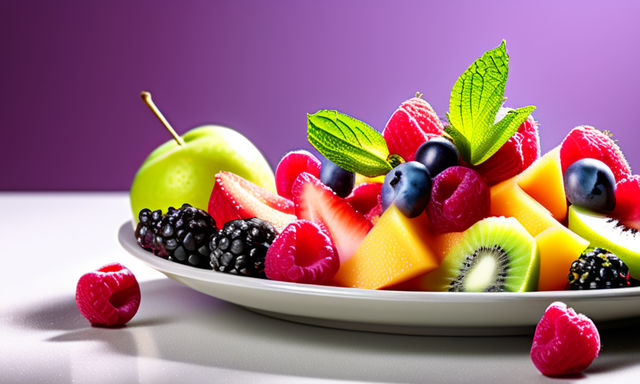Diet for Gout: A Guide to Eating Right
Gout, a form of inflammatory arthritis, manifests as severe pain, redness, and swelling in the joints, particularly the big toe. It's caused by elevated levels of uric acid in the blood, leading to the formation of urate crystals around the joints. Diet plays a crucial role in managing gout, as certain foods can exacerbate symptoms while others may help reduce them. This article explores the dietary do's and don'ts for individuals with gout, aiming to provide a roadmap to relief and wellness.

Understanding Gout and Uric Acid
Gout occurs when excess uric acid, a waste product in the blood, forms crystals in the joints, leading to inflammation and pain. Certain foods high in purines contribute to increased uric acid levels, triggering gout flare-ups. Thus, a diet low in purines is often recommended to manage and prevent gout symptoms.
Foods to Avoid: Triggers of Gout Flares
Managing gout involves identifying and limiting foods high in purines, compounds that break down into uric acid. Here are some key culprits:
- - Red Meat and Organ Meats: High purine content can significantly raise uric acid levels.
- - Seafood: Certain types, like shellfish, anchovies, and sardines, are purine-rich.
- - Alcohol: Beer and liquors, in particular, can increase uric acid production and reduce its excretion.
- - Sugary Foods and Beverages: Fructose-sweetened drinks and foods can prompt uric acid production.
- - Processed and Fried Foods: These can contribute to overall poor health and exacerbate gout symptoms.
Foods to Embrace: Supporting Gout Management
While some foods can trigger gout flares, others can support its management:
- - Low-Fat Dairy Products: Studies suggest that low-fat dairy can lower uric acid levels, offering a safe protein source.
- - Plant-Based Proteins: Legumes and lentils are excellent protein sources with lower purine content compared to meats and seafood.
- - Whole Grains: Oats, brown rice, and barley are good choices that provide essential nutrients without high purine levels.
- - Vegetables: Most vegetables are low in purines, even those traditionally considered high-purine, like asparagus and spinach, can be included in moderate amounts.
- - Fruits and Vitamin C: Cherries have been linked to reduced gout attacks, and vitamin C-rich fruits like oranges and kiwis can help lower uric acid levels.
Lifestyle and Dietary Strategies
In addition to specific food choices, overall dietary patterns and lifestyle choices can influence gout management:
- - Maintain a Healthy Weight: Excess weight can increase uric acid production. Gradual weight loss can help lower uric acid levels.
- - Balance Insulin Levels: Reducing intake of refined carbs and sugars can help manage insulin levels, indirectly influencing uric acid production.
- - Limit Alcohol and Stay Hydrated: Alcohol can trigger gout attacks, while ample water intake helps eliminate uric acid.
Disclaimer: This blog post is for informational purposes only and does not constitute medical advice. While diet plays a role in brain health, individual needs may vary. It's important to consult with a healthcare professional or a dietitian to tailor dietary choices to your personal health and nutritional requirements.
References
1. Barbaro MR, Cremon C, Stanghellini V, Barbara G. Recent advances in understanding non-celiac gluten sensitivity. F1000Res. 2018 Oct 11;7:F1000 Faculty Rev-1631. doi: 10.12688/f1000research.15849.1. PMID: 30363819; PMCID: PMC6182669.
2. Zhang Y, Chen S, Yuan M, Xu Y, Xu H. Gout and Diet: A Comprehensive Review of Mechanisms and Management. Nutrients. 2022 Aug 26;14(17):3525. doi: 10.3390/nu14173525. PMID: 36079783; PMCID: PMC9459802.
3. Best (and worst) foods for gout. (n.d.). WebMD. https://www.webmd.com/arthritis/ss/slideshow-gout-diet
4. Information for gout patients | Arthritis Foundation. (n.d.). https://www.arthritis.org/gout-patient-education
5. Restivo, J. (2023, June 2). Living with gout. Harvard Health. https://www.health.harvard.edu/diseases-and-conditions/living-with-gout
6. Gout diet: What’s allowed, what’s not. (2022, June 25). Mayo Clinic. https://www.mayoclinic.org/healthy-lifestyle/nutrition-and-healthy-eating/in-depth/gout-diet/art-20048524#:~:text=Avoid%20meats%20such%20as%20liver,Seafood.
Ready to level-up?
Create meal plans 10x faster, follow up with your clients through our mobile app, and never struggle with meal planning or recipe management again.
